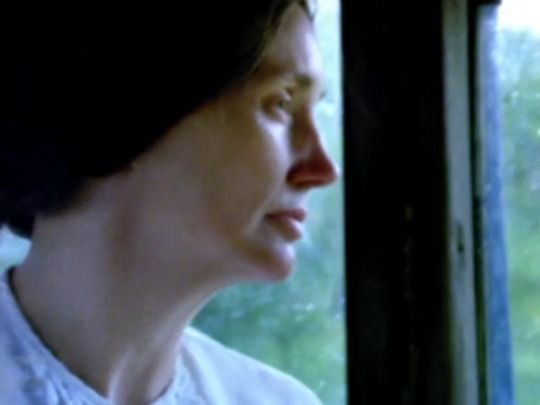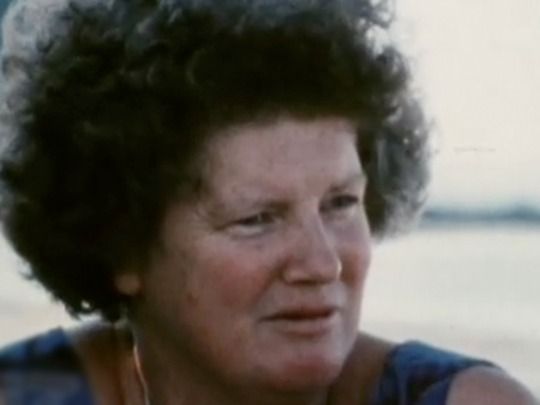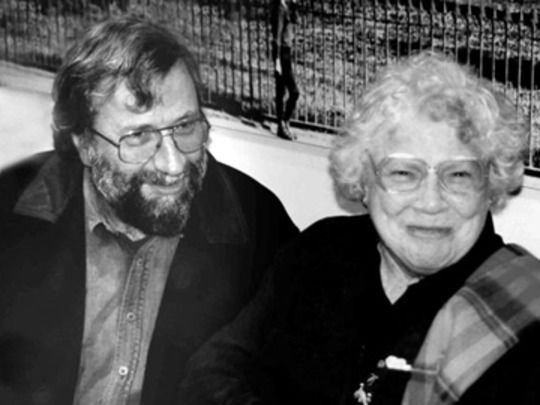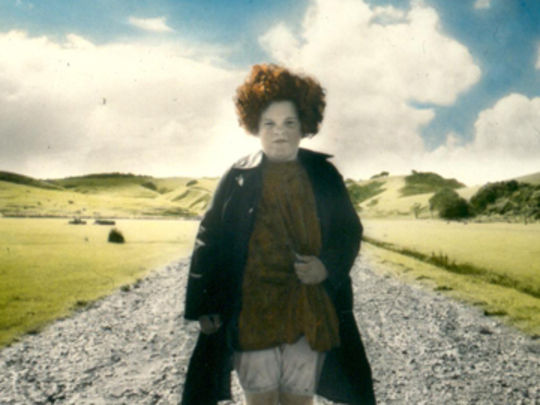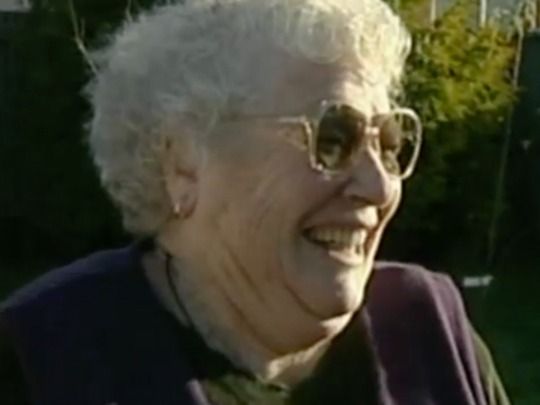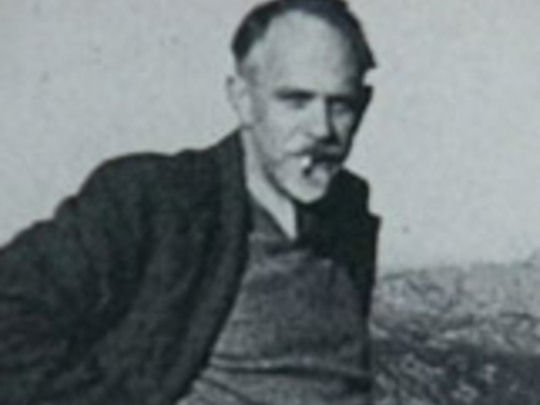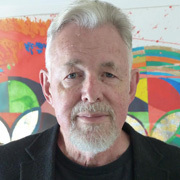The Janet Frame Collection
Celebrating Janet Frame
This NZ On Screen collection is an opportunity to celebrate one of New Zealand's most original writers and revisit some great screen dramas inspired by her work.
Janet Frame died on 29 January 2004, at the age of 79. She wrote novels, poems, and a three-volume autobiography that were read and admired around the world. She won many awards and was shortlisted for the Nobel Prize in Literature.
For New Zealand readers, there was a special fascination in her local descriptions. Frame wrote: "I wanted the light to shine upon the pigeons of Glen Street, the plum trees in our garden, the two japonica bushes (one red, one yellow), our pine plantations and gully, our summerhouse, our lives and our home, the world of Ōamaru, the kingdom by the sea."
Have any filmmakers been able to create images equal to her sharp eye or her highly original way with words? Or as vivid as her insights into the inner life — into subtle thoughts and feelings — rather than the kinds of physical action that drive most commercial films?
The challenge has inspired great filmmaking from Jane Campion and Vincent Ward, two New Zealand-born directors whose work has brought a similar poetry and intensity to our screens.
No film can cover all the literal details of a book. At best, it can try to be true to the central spirit of a work. Frame was thoughtful and generous enough to understand that she needed to give filmmakers the freedom to create their own forms of art. Campion valued the permission Frame gave her, "to simply to do my best".
A good deal of freedom is apparent in both A State of Siege (which Ward made in association with producer Tim White) and An Angel at My Table (which Campion made in association with producer Bridget Ikin and screenwriter Laura Jones). A State of Siege shifts the scene of Frame's novel from Waiheke Island to Plimmerton and the Wairarapa, and Angel incorporates scenes from Frame's novel Faces in the Water.
Frame hoped viewers would understand that while these films were inspired by her books, they were the visions of other artists. As an articulate person with a keen sense of humour (revealed in Michael Noonan's 1975 interview for the Three New Zealanderss series), she was very different in some respects from the simplified Janet that some viewers appear to have taken away from Campion's film.
The documentary Wrestling with the Angel provides yet other perspectives on Frame, through interviews with her friends and key figures in her life (it includes the last filmed interview with writer Michael King, whose biography of Frame it is named after).
Those who keep these distinctions — between work and life — in mind can make the most of this rare opportunity to see some great New Zealand films (incidentally, Angel was equally powerful as a television miniseries as it was as a cinema film).
Ward's and Campion's films include a number of brilliant scenes, such as Malfred's attempt to paint a coastal landscape in A State of Siege, and the way a young teacher freezes at the blackboard in panic under the eye of an inspector in Angel. Such scenes are richly visualised and reach deep inside our minds and feelings.
These films won major awards, and were cheered by viewers hungry for a more poetic style of filmmaking. They also helped to create new readers for Frame's books — we hope this collection inspires a similar stampede in the direction of libraries and bookstores!
- Roger Horrocks is a screen historian, educator and longtime champion of New Zealand film. He set up the country’s first film studies course at Auckland University and has written extensively on local film and art.
